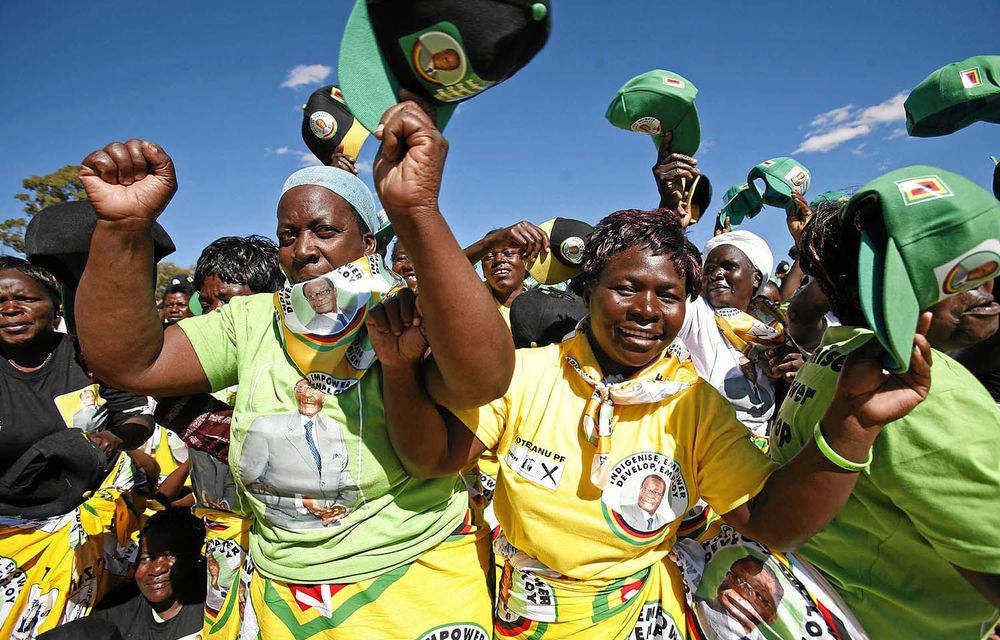The High Court has ruled in favour of Mater Dei Hospital Trust, directing the Zimbabwe Revenue Authority (Zimra) to allow the duty-free importation of medical equipment donated by foreign organisations, after the tax authority controversially blocked the consignments and demanded payment of import duty.
Justice Mpokiseng Dube found that Zimra acted unlawfully and unfairly when it denied Mater Dei Trust a rebate on four consignments of essential medical equipment and consumables, despite the trust's status as a registered charitable entity.
Mater Dei Hospital Trust, a non-profit organisation founded in 1998 and affiliated with the Zimbabwe Association of Church-Related Hospitals, runs the Bulawayo-based Mater Dei Hospital. The hospital had received several donations of medical goods from international benefactors-equipment that was intended to support critical healthcare services in the city and beyond.
Under section 124 of the Customs and Excise (General) Regulations of 2001, charities and welfare organisations are eligible for duty-free import of donated goods. However, Zimra refused the trust's application for the rebate, arguing that Mater Dei Trust was a commercial entity, not a registered Private Voluntary Organisation (PVO), and therefore did not qualify.
The trust challenged the decision in court, citing previous instances where Zimra had granted it similar exemptions, and accused the revenue authority of inconsistency and administrative injustice.
Justice Dube ruled that Zimra's position violated section 3(1)(a) of the Administrative Justice Act, which requires all administrative actions to be lawful, reasonable, and fair.
"It follows that such waived import duty would have been collected and the record set straight. Applicant would have known from then onwards what to expect from the commissioner," Justice Dube said in her judgment.
"In the present matter, no such communication was made. The facts remain the same, yet the commissioner exercises his discretion differently."
She added that there was no justification for Zimra's attempt to separate the trust from the hospital for legal convenience.
"It is legally untenable to want to divorce the beneficiary hospital and regard it as a separate legal person from the trust that runs it without good cause shown," Justice Dube said.
"The goods are fully donated. There is no good cause shown for the commissioner to now want to find differently. The interpretation of the law it seeks to rely on does not support its standpoint."
Zimra has been ordered to pay the costs of the legal application, and the ruling paves the way for the release of the blocked consignments.
The case has sparked calls for greater consistency in how Zimra handles customs exemptions for non-profit and healthcare institutions, especially those providing critical public services with limited resources.
- Newsday
 Zanu-PF extends winning streak in local polls
Zanu-PF extends winning streak in local polls  Ramaphosa posts explicit videos on X
Ramaphosa posts explicit videos on X  India dumps US Treasury bills
India dumps US Treasury bills  ZSE and VFEX recover after weak 1st half
ZSE and VFEX recover after weak 1st half  Gold edges up as traders await guidance
Gold edges up as traders await guidance  Fastjet adds early morning Joburg-Harare flight
Fastjet adds early morning Joburg-Harare flight  Young Investment Professional (YIP) Graduate Programme 2019
Young Investment Professional (YIP) Graduate Programme 2019 











 Young Investment Professional (YIP) Graduate Programme 2019
Young Investment Professional (YIP) Graduate Programme 2019
Editor's Pick